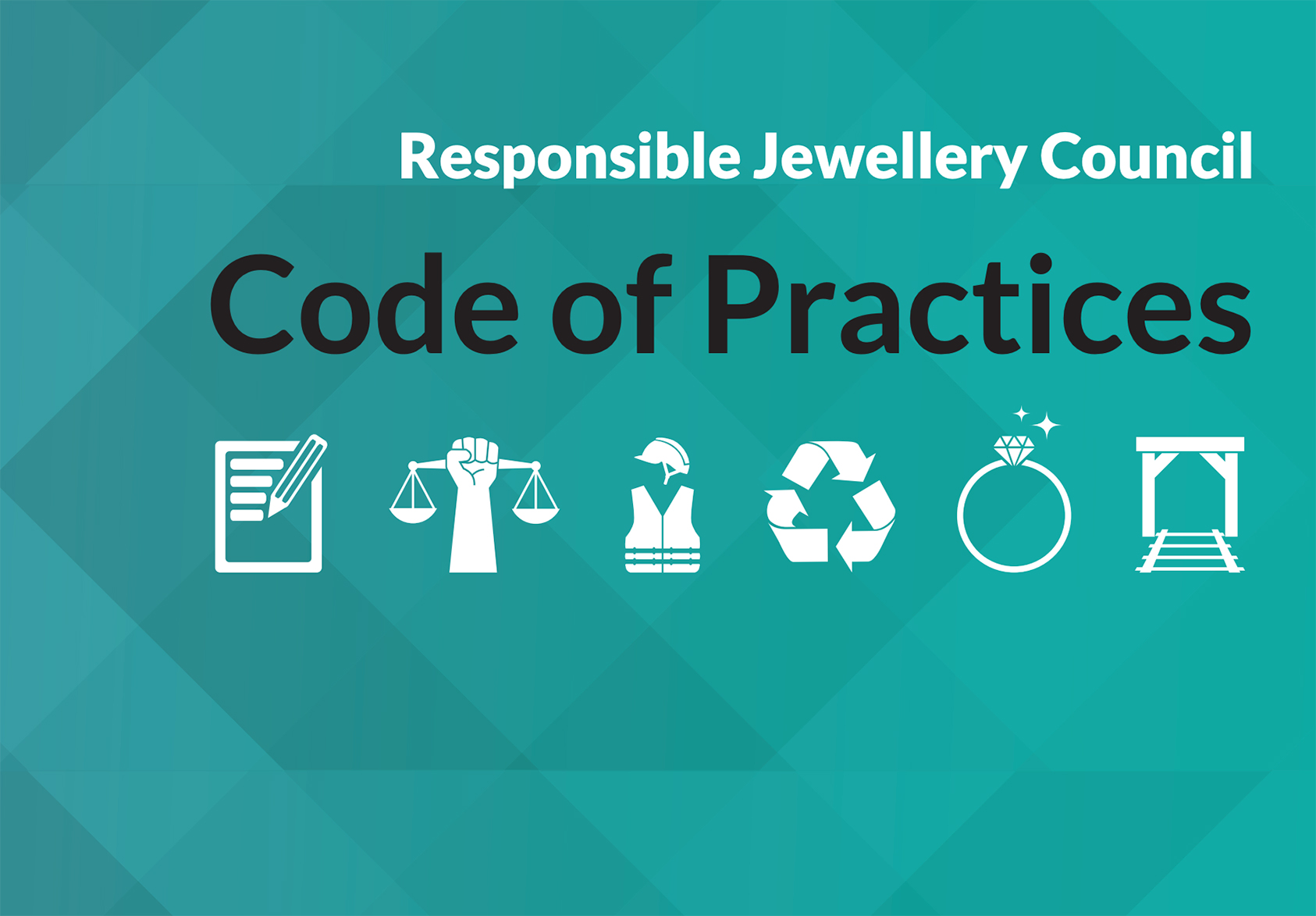In December 2009, the RJC formally launched its certification system for responsible business practices in the diamond, gold and/or platinum group metals jewelry supply chain. Through this system, members are certified against the Code of Practices (COP), following an independent, third party audit to verify conformance. Certification is granted for three years if no major non-conformances are found, or for one year (with corrective action plans approved by the auditors) where major changes are needed. The COP is the cornerstone of RJC certification. It defines responsible ethical, human rights, social and environmental business practices for companies in the diamond, gold and/or platinum group metals jewelry supply chain. These companies operate across diverse sectors — from mining to retail — and in a wide range of geographies. They include small-, medium- and large-scale businesses.
The COP itself aims to: • provide a common standard for RJC members; • set out the mandatory expectations for designing and implementing relevant policies, procedures and practices; • establish provisions that can be independently audited; • drive better business practices for positive impacts; and • mitigate present and future environmental and social supply chain risks.
The periodic revisions of the COP (this is the third version) by RJC reflects the evolving needs of the industry and demands of consumers globally. The latest version builds on a solid foundation and the core requirements, structure and format of the COP will be deeply familiar to RJC members.
Significant changes include:
- the expansion of the scope of materials to include colored gemstones (rubies, emeralds and sapphires) and silver;
- the alignment of due diligence requirements with the Organization for Economic Co-operation and Development (OECD) Guidance for Responsible Mineral Supply Chains; and
- new requirements on the detection of laboratory-grown diamonds.
The launch comes after a collaborative 18-month consultation process by the RJC, discussing proposed changes with members, civil society organizations and leading global standards bodies. More than 300 stakeholders were consulted via webinars and workshops across Asia, Europe and North America ensuring that those who are responsible for adhering to the changes have been a key part of their development. This code is an open source document that can be used by anyone to learn more about responsible sourcing standards.
From 23 April 2019 through to 22 April 2020, the RJC will accept certifications against either the 2013 or 2019 versions of the Code of Practices, to allow for the necessary transition for existing members with audit deadlines.
To see the 2019 version of the Code of Practices, visit the RJC web site: www.responsiblejewellery.com


